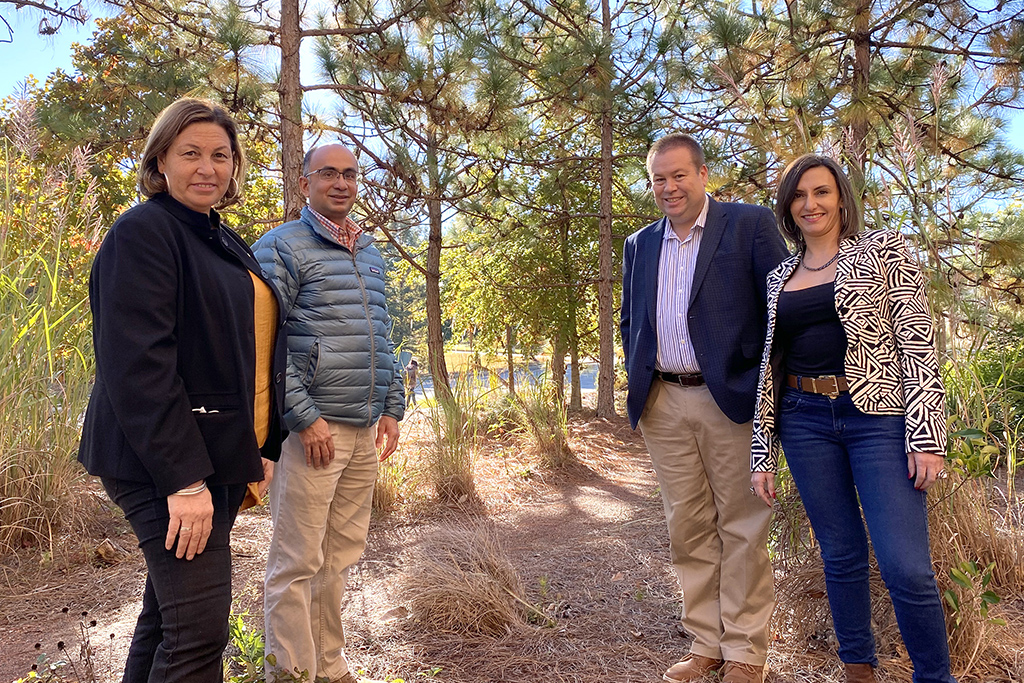AUBURN, ALA.—An Auburn University interdisciplinary project involving faculty and scientists is looking to use technology to address housing affordability.
The study spans engineering, chemistry, forest resources and architecture as well as drawing on the expertise of Auburn University’s partner institution the University of Idaho. The Auburn team is focusing on bio-resin development as a feedstock for 3D printing which will be done at the Idaho campus.
The process will include conversion of biomass into chemicals and nanomaterials to help improve the sustainability of the resin with an end goal of building houses through a 3D printing process.
The proposed interdisciplinary project is titled Developing a Circular Bio-Based Framework For Architecture, Engineering and Construction Through Additive Manufacturing.
Affordable housing is only a reality for half of the U.S. population, Auburn School of Forestry of Wildlife Sciences professor Brian Via said in a statement. Via is also the principal investigator for the research project which has received $3.9 million in funding from the National Science Foundation’s Research Infrastructure Improvement Program.
“Recently, the U.S. is trending toward mass timber buildings as a first-generation material to reduce our carbon footprint. However, advanced manufacturing can help to utilize more biomaterial waste from forest resources that can then be 3D printed into housing or building components,” Via said.
“We will manufacture 3D-printed wall panels that can be used in housing and building construction. This will allow for precise construction in a manufacturing environment using sustainable materials that can be shipped to the construction site. Through biobased polymers and fibers, we can 3D print building components that allow for end-of-life recycling.”
Research team member W. Allen and Martha Reed professor in Auburn’s Samuel Ginn College of Engineering and director of the Center Polymer and Advance Composites Maria Auad said the project relies on developing sustainable adhesives derived from renewable forest biomass and other waste resource.
“The thematic basis of our proposal is to develop innovative materials that will be environment-friendly, less dependent on depleting petroleum resources and will use natural sources or waste products with the realization of the impact on the environment that the current generation of composite materials have at the end of their life,” Auad said.
Via added supply chain stakeholders will feel the impact of a shift to sustainable manufacturing.
“Alabama is third nationally in timberland production, while Idaho — our Pacific Northwest partner —also contributes significantly to the forest products industry,” he said. “However, forest landowners often have lower-value trees that don’t meet the needs of local sawmills for traditional lumber or mass timber materials such as cross-laminated timber, or CLT. Therefore, we are hoping to expand a new product line for these wood species so they can be utilized more effectively for the benefit of the landowner.”



Recent Comments